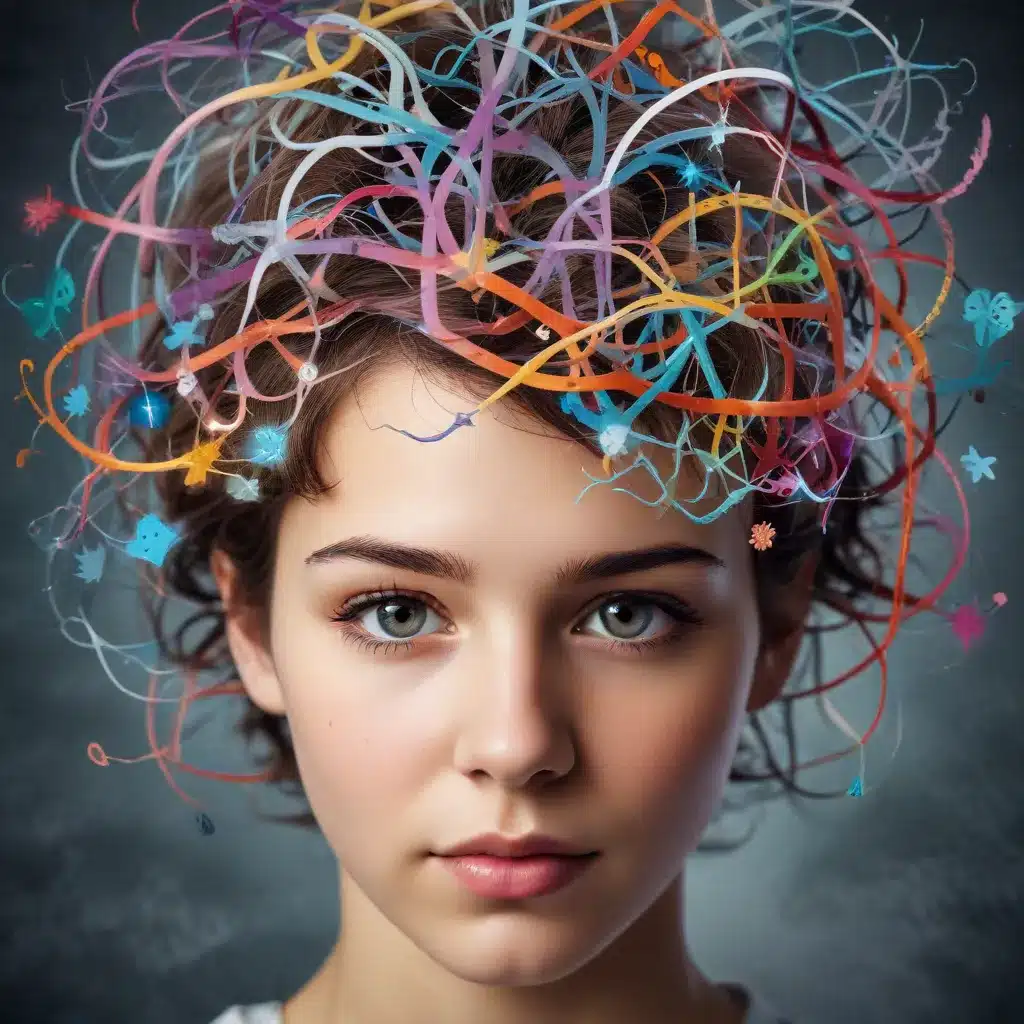
Understanding Neurodiversity
Neurodiversity is a term that describes the natural variation in the way people think, learn, and behave. It recognizes that there is no single “normal” way of functioning, and that differences in neurological development should be respected and celebrated as part of human diversity. This includes conditions such as autism spectrum disorder (ASD), attention-deficit/hyperactivity disorder (ADHD), dyslexia, and other learning or developmental differences.
The neurodiversity movement emerged in the 1990s to promote greater acceptance and inclusion of people with neurological variations. This shift in perspective moves away from viewing these differences as deficits, and instead recognizes them as natural expressions of the human experience. Neurodiversity advocates encourage the use of identity-first language (e.g. “autistic person”) rather than person-first language (e.g. “person with autism”), as many individuals with neurological differences feel their condition is a core part of their identity.
Understanding and embracing neurodiversity is crucial for creating inclusive educational environments that support the needs of all students. At https://www.stanleyparkhigh.co.uk/, we are committed to fostering a culture of acceptance and providing tailored resources to address the mental health and academic needs of our neurodiverse students.
Challenges Faced by Neurodiverse Students
Neurodiverse students often face unique challenges in the academic setting that can impact their mental health and wellbeing. Some common issues they may encounter include:
Sensory Processing Differences
Many neurodiverse individuals, particularly those on the autism spectrum, can experience heightened sensitivity to sensory stimuli like noise, light, or touch. This can lead to feelings of overwhelm or distress in certain environments, making it difficult to focus or participate fully in classroom activities.
Social Communication Challenges
Differences in social skills and communication styles can make it harder for neurodiverse students to navigate social interactions and form connections with their peers. They may struggle to pick up on social cues or express their thoughts and needs effectively.
Anxiety and Executive Function Difficulties
The demands of the academic environment, such as managing deadlines, organizing assignments, and adapting to changes in routine, can be especially challenging for neurodiverse students. This can contribute to increased anxiety and difficulties with planning, organization, and self-regulation.
Stigma and Misunderstanding
Sadly, neurodiverse individuals often face stigma, discrimination, and a lack of understanding from those around them. This can create a hostile environment that undermines their sense of belonging and acceptance, negatively impacting their mental health.
Providing Tailored Support
To address the unique needs of neurodiverse students, Stanley Park High School has implemented a range of strategies and resources to promote their mental health and academic success:
Sensory-Friendly Spaces
We have designated quiet, low-stimulation rooms and areas throughout the school where neurodiverse students can go to take breaks, decompress, and regulate their sensory experience. These spaces are equipped with comfortable seating, adjustable lighting, and calming sensory tools.
Social Skills Development
Our school counselors and special education team offer targeted social skills training programs to help neurodiverse students improve their communication, conflict resolution, and relationship-building abilities. These sessions provide a supportive environment for students to practice and develop these essential life skills.
Accommodations and Individualized Support
We work closely with each neurodiverse student to understand their unique needs and implement appropriate accommodations, such as extended time on assignments, access to assistive technologies, or alternative assessment formats. Our teachers and staff receive training on how to best support these students in the classroom.
Peer Mentorship and Community Building
We have established a peer mentorship program that pairs neurodiverse students with supportive, empathetic classmates. These mentors help integrate new students, facilitate social connections, and provide a listening ear when needed. We also host regular social events and affinity groups to foster a sense of community and belonging.
Family Engagement and Education
Recognizing that parents and caregivers play a crucial role, we make concerted efforts to engage families of neurodiverse students. This includes providing educational resources, facilitating support groups, and encouraging open communication to ensure a cohesive, informed approach to supporting the student’s wellbeing.
Fostering an Inclusive Culture
Beyond targeted support services, Stanley Park High School is committed to cultivating a school culture that embraces neurodiversity and promotes the mental health of all students. This involves:
Staff Training and Awareness
We provide ongoing professional development for our teachers, administrators, and support staff to deepen their understanding of neurodiversity, recognizing the unique strengths and needs of neurodiverse students. This training helps foster more inclusive, compassionate, and responsive practices throughout the school community.
Anti-Bullying and Inclusion Initiatives
We have robust anti-bullying policies and programs in place to address any instances of discrimination, harassment, or social exclusion targeting neurodiverse students. Our student-led Inclusion Club also spearheads awareness campaigns and school-wide events to celebrate diversity and promote acceptance.
Collaboration with Mental Health Professionals
In addition to our in-house counseling services, we partner with local mental health providers who specialize in working with neurodiverse populations. These professionals offer insights, resources, and direct support to ensure our students’ comprehensive wellbeing needs are met.
Empowering Neurodiverse Students
At the end of the day, our goal is to empower neurodiverse students to thrive, both academically and personally. By understanding their unique strengths and challenges, providing tailored support, and fostering an inclusive school culture, we aim to help these students develop the skills, confidence, and self-advocacy abilities they need to succeed.
Ultimately, embracing neurodiversity benefits the entire school community. When we create environments that celebrate differences and meet the diverse needs of all students, we cultivate a more enriching, equitable, and compassionate learning experience for everyone.
To learn more about the resources and support available for neurodiverse students at Stanley Park High School, please visit https://www.stanleyparkhigh.co.uk/neurodiversity-support. We’re here to ensure all of our students can thrive and reach their full potential.

